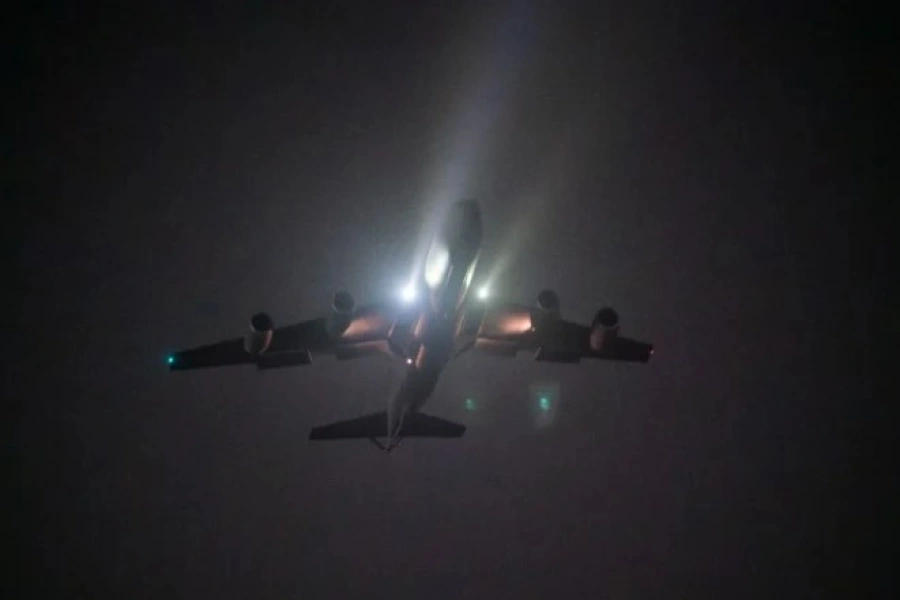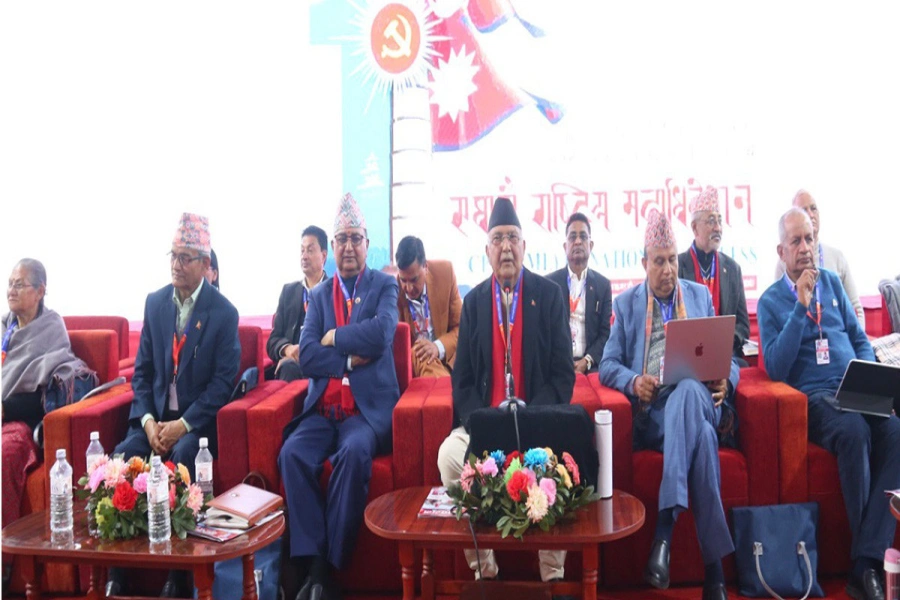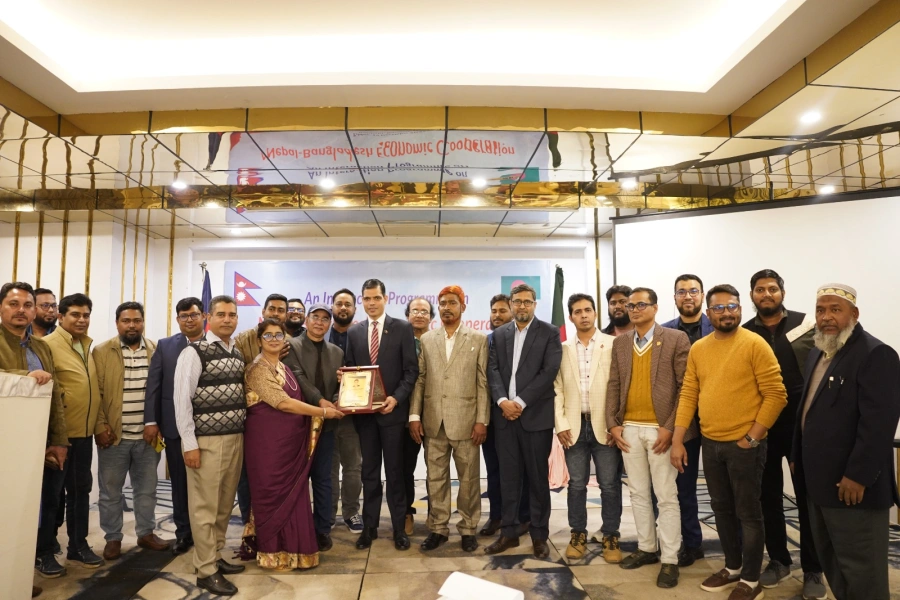KATHMANDU, July 11: The Nepal Oil Corporation (NOC) has saved around Rs 4 billion after bringing the Motihari-Amlekhgunj Petroleum Pipeline into operation.
The corporation has saved Rs 3.24 billion on transportation costs and Rs 753.4 million on temperature and technical losses when it started importing diesel through pipeline from the Indian Oil Corporation (IOC).
Managing Director of Nepal Oil Corporation, Surendra Kumar Paudel, said that the petroleum pipeline has not only managed the supply of diesel but also saved a large amount of money. "The pipeline has saved billions of rupees," said Poudel. "It has saved money on transportation, temperature and technical losses." It has made the supply of diesel much easier.
The NOC started bringing diesel through pipes from September 10, 2019. The project has been constructed at the cost of Rs 4.40 billion. While India provided a grant of Rs 3.20 billion, Nepal invested the remaining Rs 1.20 billion. The project is developed by the IOC.
NOC begins petrol imports from India via pipeline

Sushil Bhattarai, Deputy Managing Director at NOC, said that although the pipeline was built the IOC did not charge any extra amount to them. “The IOC has not charged any extra amount for the pipeline," Bhattarai said. "It has benefited the corporation a lot."
The investment for the construction of the pipeline will be raised only from diesel import in a period of two years. It has saved Rs 4 billion in 22 months. Pradip Yadav, chief of the Nepal Oil Corporation's provincial office in Amalekhgunj, Bara said that 1.38 billion kilolitres of diesel was imported through the pipe. "250 kiloliters of diesel is being imported per hour," Yadav said. “Along with expenses, it has helped us to save our time.”
The diesel is placed in the vertical tank. After that, the density temperature, quality is checked and loaded on the tanker and sent to other depots.
The NOC has stated that the amount to be paid to the tanker operators due to technical loss and temperature has come down to zero after it started importing diesel from the pipes. "The loss has come down to zero after bringing diesel from the pipeline," said Yadav, who is also the head of the pipeline project.
Transportation fares have been saved and pollution has been reduced, quantity and quality have been ensured. Yadav said that technical losses have been reduced and leakage during transportation has been stopped. It has become easier for the corporation to supply and distribute petroleum products as per the needs of the market and the demand of the consumers.
The problem of high cost of transportation by tanker, environmental pollution, traffic jam, deterioration of roads, general obstruction in transportation and shortage of petroleum products in the market have been curbed.
A saving of Rs 3.24 billion has been made for transportation. After the construction of the pipeline, the corporation has imported 1.38 billion kiloliters of diesel through the pipeline. If that amount had to be transported by tankers, 69,025 tankers with capacity to carry 20,000 liters of oil each would be required.
A tanker has to be paid Rs 15,000 for bringing 20,000 liters of oil from Raxaul to Amalekhgunj. The fare for bringing this amount of oil from Raxaul would cost Rs 207 million.







































